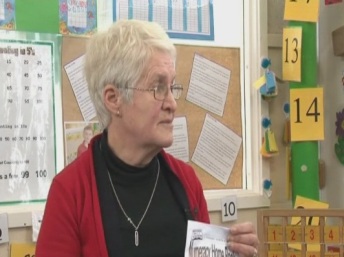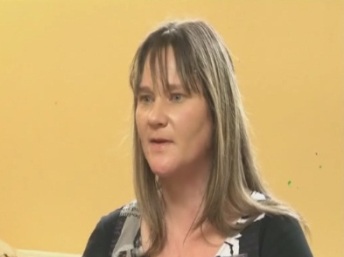|
Effective teachers provide students with opportunities to work both independently and collaboratively to make sense of ideas. |
Mathematics homework is an area of challenge. Parents can inadvertently put pressure on their children with resulting negative outcomes. Many schools extended their programmes beyond the classroom to include positive ways in which to involve the parents in the mathematics learning of their children. Clear communication, games and other enjoyable tasks, and an invitation for regular feedback and comment from the parents are seen by these schools as an important part of arranging for the mathematics learning of their students.
Exemplars:
|
To promote home/school partnerships with the student families, games that we learned went home for the children to play with their families. Other equipment such as ‘squeezie’ boxes were also taken home. Students explained what they needed to do and what they were learning about. This helped students take ownership of their learning and practise using mathematical language. Instructions were also provided for the parents with key ideas and concepts they were helping to reinforce; for example, asking the children to read the numbers to them and tell them the numbers after, before and between.
(St Mary's School)
|
|
We held a parent and child meeting one evening before starting the groups to explain to parents and children what we were doing and why. We shared with parents how they could support their child by playing the games we sent home with them. Parents and students were given the two challenge sheets that we had developed. These showed what knowledge and strategies we would be working on.
(Tauraroa Area School)
|


